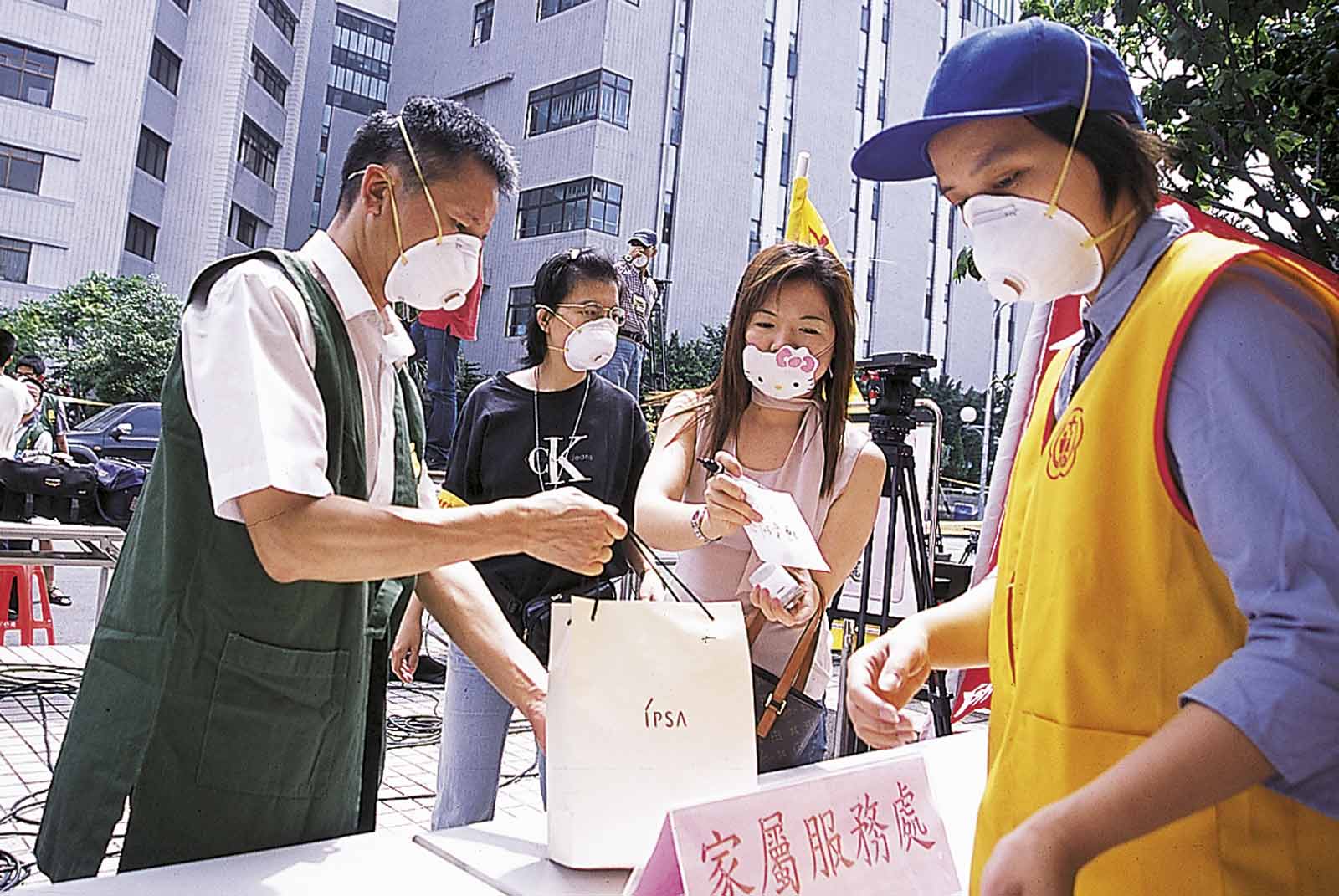Taiwan’s COVID response road map came by learning the lessons from the Past
How three principles guided Taiwan’s COVID-19 response

Source:Ming-Tang Huang
Taiwan's COVID-19 response was guided by three principles: Time, Trust, and Transparency. Drawing from their experience with SARS, Taiwan implemented stringent measures, efficient emergency response coordination, and transparent communication. Eric Ballas believed that these lessons offer valuable insights for future outbreaks.
Views
How three principles guided Taiwan’s COVID-19 response
By Eric Ballasweb only
If there are political lessons that will be learned from the global fight against COVID-19, you could probably sum them up nicely as “The Three T’s”: Time, Trust, and Transparency.
Time is vital, as there is no substitute for rapid reaction. An interconnected world means that each day, or hour, lost in a pandemic is an opportunity for a deadly pathogen to spread via highways, airports, and other international ports of entry.
Trust in government is essential to ensure that citizens follow any prescribed measures to prevent community spread. As we clearly saw in the United States, a lack of trust turned out to be incredibly deadly, with millions of people dying due to a failure to heed government warnings around masking, gathering in groups, and vaccinations.
Transparency is a necessary end because, without it, governments cannot hope to maintain trust in the public health safety measures which buy scientists the time to search for cures.
Fittingly, any leader looking to find a road map for managing time, trust, and transparency ahead of a future outbreak should look to a fourth ‘T’: Taiwan.
The island nation stood as a remarkable success story in the early days of the COVID-19 pandemic. In the summer of 2020, as the virus raged in Europe and America, Taiwan had shockingly few cases: under 500 reported cases and just 7 deaths. What made Taiwan’s response different, according to several researchers and observers, was the effectiveness of its rigid public health measures: quarantine of travelers, monitoring of known cases, and contact tracing.
A portion of the credit goes to the premier of Taiwan, then-Vice President, Dr. Chien Jen Chen and his experience with SARS, the first major epidemic of the 21st century.
Dr. Chen was appointed as Taiwan’s Minister of Public Health during the 2003 outbreak. Though it was much smaller than COVID-19, Taiwanese public health leaders determined that a significant uptick of SARS cases that summer was unacceptable. To learn from this experience, Dr. Chen’s teams implemented preventative and responsive government measures that would provide a blueprint for the future fight against COVID-19.
Chief among the measures was improving the performance of the Central Epidemic Command Center (CECC), the emergency response group designed to coordinate Taiwan’s government reaction to any disease outbreak. In 2019, a more efficient response supplied lightning fast measures to stem entry of COVID-19 into Taiwan, as evidenced by quarantine measures for inbound passengers from Wuhan, China enacted on December 31. Compare that to the United States, who only began enacting some restrictions and screens on February 2, 2020.
Simultaneously, the CECC began daily briefings with transparent, easy-to-understand assessments of the situation with COVID-19 and what citizens could and must do to protect themselves and their community. Taiwanese citizens applied proper safety measures— such as widespread use of personal protective equipment (PPE) and hand sanitizer—at much higher rates than during SARS, according to a study published in the International Journal of Infectious Diseases.
Additionally, Dr. Chen credits Taiwan’s embrace of open cooperation with other nations, and international public health agencies like the World Health Organization, with creating a positive COVID response that its citizens could trust.
Despite his busy schedule, Dr. Chen uses his experience as a public health leader to share his wisdom on what worked with Taiwan’s COVID-19 response. It’s a formula other leaders would be wise to follow. Another pandemic could be on the horizon, and once it hits, time is ticking.
Premier of the Executive Yuan, Dr. Chen Chien-jen, will speak on the response to the COVID-19 pandemic at the STUF United Fund roundtable on May 21, 2023, during the World Health Assembly Annual Meeting in Geneva. This event will be held at Hotel Intercontinental-Geneva, Ballroom B&C, (7-9 Chemin du Petit-Saconnex, 1209 Geneva) from 10:30AM to 1PM, C.E.T. Please RSVP to join the event online or in person.

(This piece reflects the author's opinion, and does not represent the opinion of CommonWealth Magazine.)
About the author:

Eric Ballas is a veteran local TV news producer. He currently teaches high school journalism and English in the state of Oregon, U.S.A.
Have you read?
- Taipei's Survival Story: Our Battle Against COVID-19
- How Taiwan's COVID Battle is Different
- The Pandemic is a Reminder We Should Learn to Do Better with Less
Uploaded by Ian Huang






